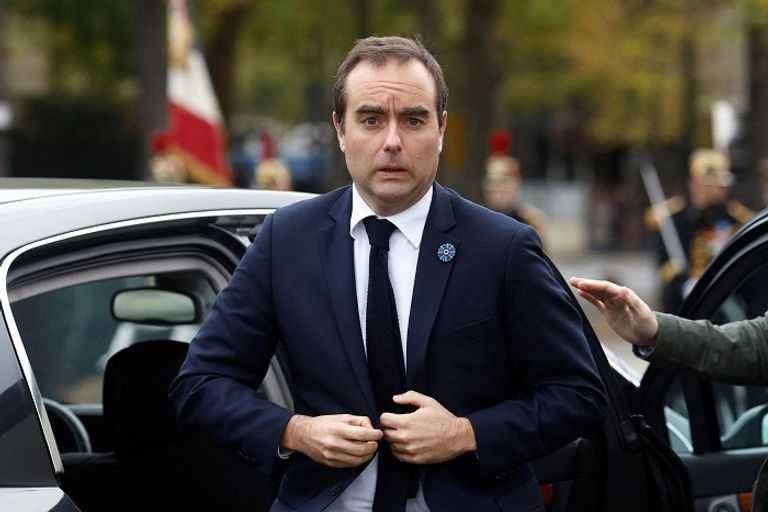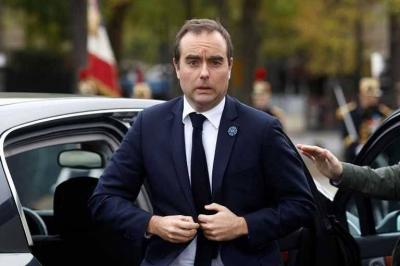During several visits by European delegations to Beirut between the Christmas and New Year holidays, discussions were initiated regarding the presidential candidates and what they symbolize, alongside the affiliations attributed to each of them. The required specifications for the future president of the Republic were also highlighted in order to find a formula that addresses the needs of the Lebanese crisis.
Political and diplomatic sources acknowledged that they were privy to some discussions during the visits, noting that comparisons emerged from the potential outcomes of the existing Lebanese alliances, where no party could obtain the required two-thirds majority for presidential sessions. This was due to the inability of the groups to alter the electoral game as managed by the Speaker of the House, based on established norms and precedents, which he can elaborate on extensively.
The underpinning of this situation is that Speaker Nabih Berri has been managing the presidency game since 1992, with several conflicting experiences recorded where the constitution was breached at multiple junctures. Various decisions and actions were based on the existence of compelling force or de facto power, whether under "Syrian tutelage" or during times when political understandings led to the neglect of the constitution.
The presidential topic was not the only concern for foreign envoys. Besides the presidency, more comprehensive files related to the restoration of state roles and fundamental elements were addressed. Notably, Italian Foreign Minister Antonio Tajani visited Lebanese officials during his first trip post the new Italian government formation led by Giorgia Meloni, followed by a visit from Spanish Prime Minister Pedro Sánchez, and French Defense Minister Sébastien Lecornu ahead of New Year's Eve.
These three visits, while focused on inspecting their countries' forces in UNIFIL, did not overlook the presidential file, where discussions with Berri and caretaker Prime Minister Najib Mikati revolved around obstacles delaying the election of a new president. This was prompted by discussions regarding the attack on an Irish UNIFIL convoy, which resulted in the death of one of its soldiers, highlighting security lapses and the prevalence of illegal arms.
The recurring calls from these discussions have resonated with Lebanese citizens, urging the urgent election of a president as a crucial first step to restore constitutional institutions. The ongoing disputes surrounding the caretaker government indicate an inability to carry out its duties amidst debates over convening sessions to address the national priorities during a time of great need, especially as numerous public institutions and independent bodies have ceased to fulfill their basic duties, negatively impacting the lives of Lebanese citizens.
Ultimately, these visits yielded results that none had anticipated. The ambassadors in Beirut have been active across various fronts and had previously advised against delving too deeply into the intricacies of Lebanese internal matters, particularly regarding the assault on UNIFIL, recommending that the military and judicial authorities handle this issue. This caution stemmed from concerns that some parties in politics were implicated in the murder, with no required individuals previously surrendered to judicial or military authorities, leaving a negative impression on the envoys.
To this extent, the envoys returned to their countries carrying numerous negative impressions concerning the situation in Lebanon, with one noting that the country needs statesmen, an independent judiciary, and an effective administration free from corruption and favoritism. These observations, along with others, aligned with the feedback from representatives of major financial institutions such as the IMF and World Bank, leading them to limit their support to humanitarian, social, health, and educational domains, pending any revival in Lebanese political life and state governance. Otherwise, the door to unforeseen developments that no one desires—neither locally nor internationally—remains wide open.




